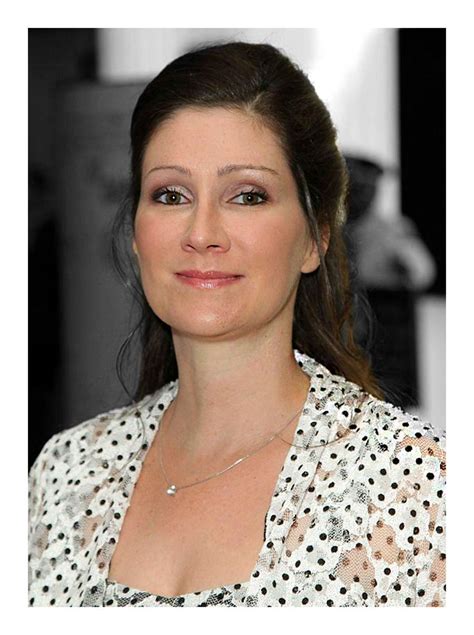A Quote by Tom Robbins
One tended to lose one’s bearings in the presence of willful and persistent acts of craziness, and the more gentle the act, the crazier it seemed, as if rage and violence, being closer to the norm, were easier to accommodate.
Related Quotes
We must realize that violence is not confined to physical violence. Fear is violence, caste discrimination is violence, exploitation of others, however subtle, is violence, segregation is violence, thinking ill of others and condemning others are violence. In order to reduce individual acts of physical violence, we must work to eliminate violence at all levels, mental, verbal, personal, and social, including violence to animals, plants, and all other forms of life.
Murray said, ´I don´t trust anybody´s nostalgia but my own. Nostalgia is a product of dissatisfaction and rage. It´s a settling of grievances between the present and the past. The more powerful the nostalgia, the closer you come to violence. War is the form nostalgia takes when men are hard-pressed to say something good about their country.´
...people think non-violence is really weak and non-militant. These are misconceptions that people have because they don't understand what non-violence means. Non-violence takes more guts, if I can put it bluntly, than violence. Most violent acts are accomplished by getting the opponent off guard, and it doesn't take that much character, I think, if one wants to do it.
The pleasure of a good act is something to be remembered - not in order to feed our complacency but in order to remind us that virtuous actions are not only possible and valuable, but that they can become easier and more delightful and more fruitful than the acts of vice which oppose and frustrate them.
She understood the genre constraints, the decencies were supposed to be observing. The morally cosy vision allows the embrace of monstrosity only as a reaction to suffering or as an act of rage against the Almighty. Vampire interviewee Louis is in despair at his brother’s death when he accepts Lestat’s offer. Frankenstein’s creature is driven to violence by the violence done to him. Even Lucifer’s rebellion emerges from the agony of injured price. The message is clear: By all means become an abomination—but only while unhinged by grief or wrath.







































